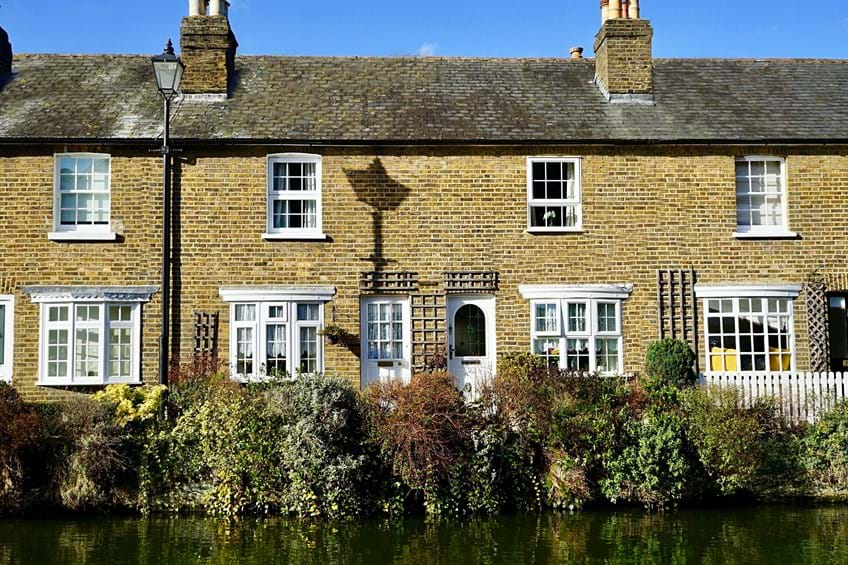ACAS Early Conciliation Comes into Effect
17th March 2014
ACAS Early Conciliation Comes into Effect
Introduction
With effect from 6th April 2014 new rules come into force regarding employees bringing a claim before an Employment Tribunal. In essence before an employee can bring a claim, the employee must refer the matter to ACAS for “early conciliation”.
Process
Early conciliation will be available from 6th April 2014 and will be compulsory for the majority of Tribunal claims on or after 6th April 2014. If an employee tries to start an Employment Tribunal claim without first referring the matter to ACAS, then the Employment Tribunal will reject the claim.
- Stage One
The Employee needs to provide the “prescribed information” to ACAS, which basically is the name and address of the employee and the details of the employer. At this stage there is no requirement to provide information about the matter of the dispute.
- Stage Two
ACAS will make initial contact with the employee. If after reasonable attempts ACAS cannot contact the employee, or the employee does not wish to proceed with conciliation, then a conciliation certificate will be issued so that the employee is free to bring the claim before an Employment Tribunal.
- Stage Three
If the employee has been contacted and wishes to proceed with conciliation, then with the employee’s consent ACAS will contact the employer. If the employer does not want to participate, then the employee will be informed and a conciliation certificate will be issued so that the employee is free to bring an Employment Tribunal claim. If both parties do want to try conciliation then ACAS has one calendar month within which to try and attempt settlement. With the agreement of both parties this period can be extended by a further two weeks if ACAS believes that there is a reasonable prospect still of settlement.
- Stage Four
If a settlement is not reached within the conciliation period stated in Stage Three above, then ACAS must issue a conciliation certificate so that the employee can bring his claim before an Employment Tribunal. If at any time during the conciliation period ACAS believes that it is not going to be possible to achieve a settlement then ACAS can issue a conciliation certificate. Obviously when settlement is reached then ACAS will draw up an agreement.
- Limitation Periods
The conciliation period “stops the clock” for lodging Employment Tribunal claims, so that the time limit for bringing the claim will not expire whilst ACAS is attempting to conciliate.
Once a conciliation certificate is issued then the employee has at least four weeks from the date of the conciliation certificate to lodge a claim before an Employment Tribunal even if the limitation period would normally have expired before this.
Pros and Cons of Early Conciliation
Early conciliation allows potential claims to be resolved at an early stage, before parties have incurred costs and fees and before they become too embroiled and entrenched in the dispute. Once Tribunal proceedings start it can be harder to achieve a settlement. The early conciliation service is free of charge.
On the downside is 4 – 6 weeks going to be sufficient to resolve most disputes? May be this will be sufficient for straight forward disputes but maybe it will not be sufficient for more complex/involved disputes especially involving allegations of discrimination/harassment. This is because each side may need to investigate the allegations and also take legal advice as to the merits.
It is suspected that many employers may not be willing to settle a claim early, in order to “test the waters” in order to see if an employee will be prepared to pay a Tribunal fee to take the case further.
The rules on “stopping the clock” for limitation are only likely to create complications and disputes about whether a claim has been brought within time.
If you need any advice on early conciliation or any employment matter then please contact Daven Naghen on 01775 722261 or email daven.naghen@maplessolicitors.com or write to Dav at 23 New Road, Spalding, Lincolnshire PE11 1DH.



